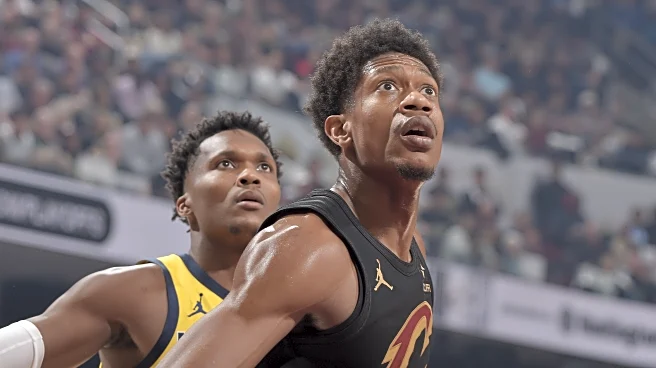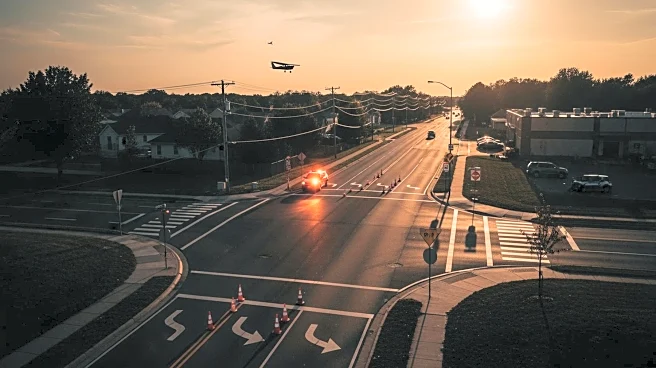The Cleveland Cavaliers decided to push their chips in on acquiring DeAndre Hunter from the Atlanta Hawks last trade deadline. This signaled that the Cavaliers were all in on the season and added their first true small forward to the roster.
In acquiring Hunter, the Cavaliers were expecting a true three-point threat on the wing who could allow for more lineup versatility due to his size. Hunter in the first half the season, showed an ability to self-create and knock three pointers on the catch and shoot
at an elite clip. The regular season with the Wine and Gold provided a more variable version of this, given the minutes decrease and a more talented team, this was a non-issue.
This good play didn’t necessarily translate to the postseason. Hunter, in eight postseason contests, scored 11 points per game. If you remove the series against the JV version of the Miami Heat, Hunter scored 9 points per contest on a 41% field goal and 30% three-point shooting split. Hunter was needed much more in that Indiana series, with all the injuries, and it never felt like it really clicked once the pecking order was readjusted.
Simply put, Hunter’s game didn’t translate to the postseason last year.
Hunter is a gifted scorer. If he can pick up on the rhythm and movement that comes with the Kenny Atkinson offense, he should flourish. Last season, he still carried bad habits that he’s picked up throughout his career. He was calling his own number on possessions where it felt out of place. The worst thing you can be in the Atkinson offense is a ball stopper, especially when the shot feels forced and out of rhythm. Hopefully, with a full summer and training camp to digest the offensive philosophy, Hunter finds his place within the offense.
The Cavaliers are already happy to have Hunter on the team, given the way injuries have fallen out; however, Hunter has shown an ability to be flexible in the roles he has donned thus far. In Atlanta he was in contention for Sixth Man of the Year and allowed to dominate the ball. In Cleveland, he found himself fluctuating between being an off-ball role player, sixth man, and small-ball four.
The versatility Hunter possesses is something the Cleveland doesn’t really have on their roster. Hunter has a case for being the most adaptable player on the team, whether in terms of position or role. This is something Atkinson should be able to better utilize after a complete offseason. If Hunter delivers this season, it will be by finding a way to gel with the Cavaliers in the various roles he will have this season.

















